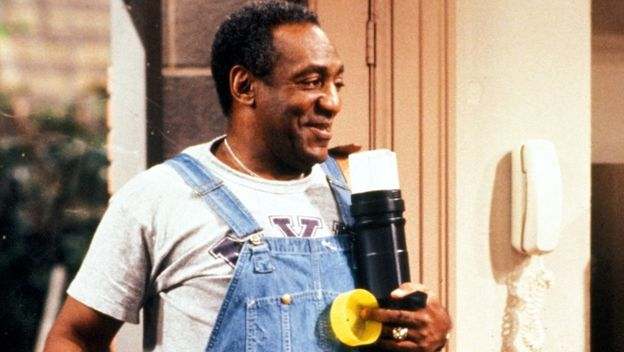
Few television shows have achieved the cultural impact of The Cosby Show. Airing from 1984 to 1992, the sitcom broke barriers, redefined African-American representation on screen, and influenced generations with its blend of humor, family values, and subtle social commentary. But in recent years, its legacy has become entangled in controversy due to serious allegations and legal convictions involving its star, Bill Cosby.
This duality—between cultural brilliance and personal disgrace—raises a challenging question: How should we remember The Cosby Show?
A Landmark in Television History
When The Cosby Show premiered, it was nothing short of revolutionary. At the time, American TV rarely depicted Black families in positions of affluence, intellect, or professional achievement. The Huxtables—headed by a doctor and a lawyer—became a beacon of possibility. The show was universally praised for its wit, charm, and socially responsible storytelling. It topped Nielsen ratings for five straight seasons and inspired sitcoms like Family Matters, Fresh Prince of Bel-Air, and Black-ish.
For millions, The Cosby Show represented pride, progress, and potential.
The Fall of a Star—and Its Ripple Effect
The 2010s brought a dramatic shift. Bill Cosby, once hailed as “America’s Dad,” faced multiple accusations of sexual assault, ultimately leading to a criminal conviction in 2018 (later overturned in 2021 on legal grounds). These events sparked a fierce debate: Can the art be separated from the artist?
Many networks pulled reruns of The Cosby Show, and streaming services removed it from their libraries. For longtime fans, the allegations not only tarnished Cosby’s image but also cast a shadow over a show that had meant so much to so many.
What Do We Do With Its Legacy?
This dilemma reflects a broader cultural challenge: how should society reckon with beloved art created or led by figures who have fallen from grace?
Some argue that The Cosby Show should be preserved and studied for its positive contributions—especially its role in reshaping racial narratives and promoting education and family unity. Others believe that continuing to celebrate the show without acknowledging the harm caused by its star would be irresponsible.
A Balanced Perspective
Perhaps the answer lies in acknowledging both truths. The Cosby Show did immense good in terms of cultural progress, visibility, and hope. It created a blueprint for diversity in mainstream entertainment. At the same time, it is impossible to ignore the real-life pain and trauma associated with its lead actor’s actions.
By holding space for both the brilliance and the damage, we allow future generations to engage with the show critically—recognizing its historical significance while learning from the complexity of its legacy.
Final Thoughts
The Cosby Show is no longer just a sitcom—it’s a cultural artifact wrapped in contradiction. Its legacy is both inspirational and uncomfortable. And like many great works of art, it challenges us to confront difficult truths about fame, morality, and the power of media.
As we continue to reflect on what it meant and what it means today, The Cosby Show remains a conversation worth having.